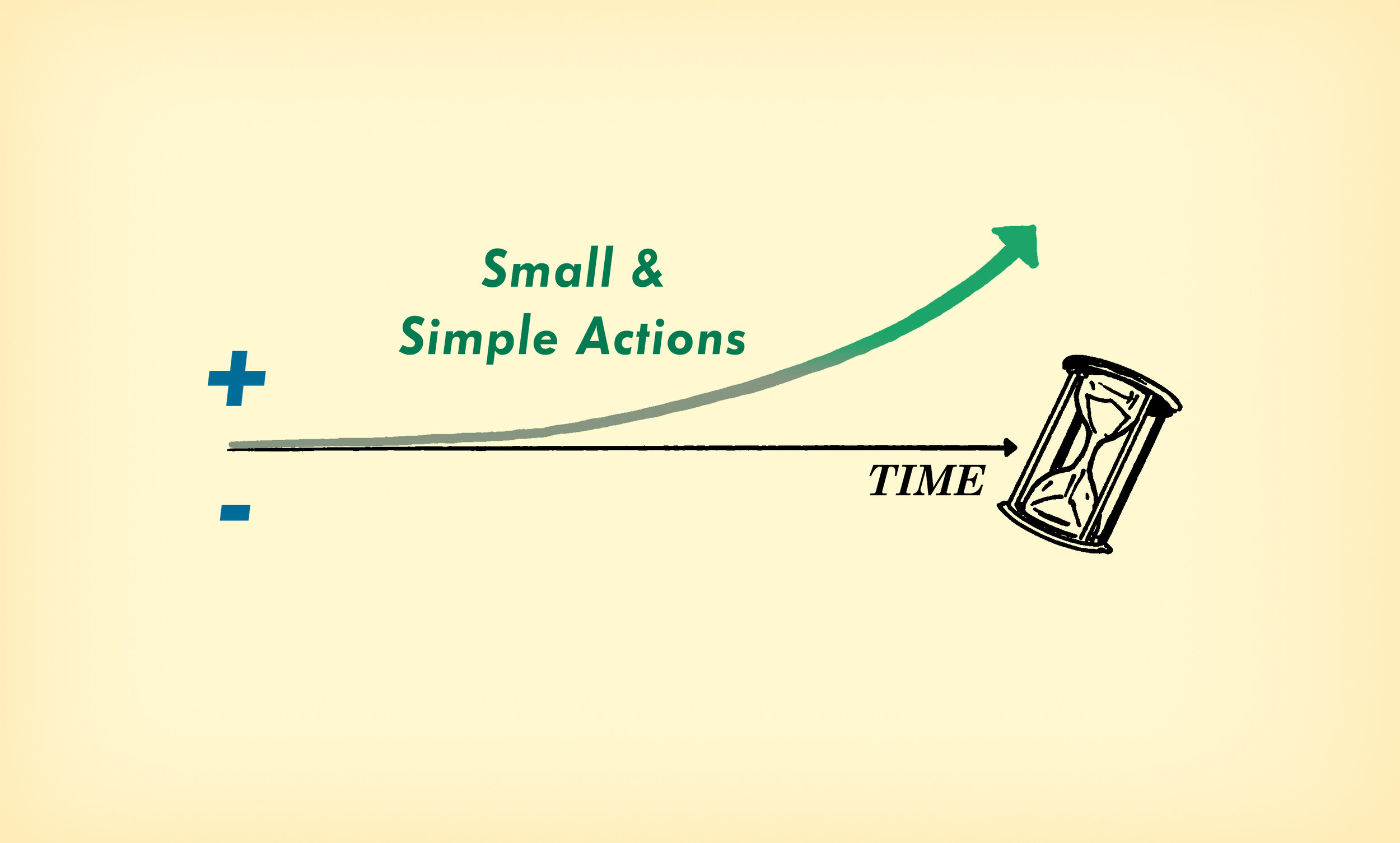Random notes on continuous improvement from around the web
I researched continuous improvement as part of writing this article: My two favorite math equations. Each day, you’re either getting better or getting worse. You don’t have to make huge changes today to see massive progress over the next year. You only have to focus on getting a little bit better every day. If you’d like to explore continuous improvement further, here are some of my notes.
Want to get my future notes when I publish them? Subscribe to my weekly newsletter below.
My notes
Continuous Improvement: Definition, Benefits and Tools
Continuous improvement involves constantly re-examining and improving processes.
Continuous improvement is a “philosophy”.
Benefits
Uncover problems and find ways to fix them.
Small, positive changes made over time add up.
Kaizen
Kaizen is a Japanese word that means “change for the better.”
Masaaki Imai, a Japanese management consultant, shared this in Kaizen: The Key to Japan’s Competitive Success.
Don't Try to Be the Best. Just Be 1% Better Every Day
Don't compete with others.
Compete with yourself
Improve just 1% a day in areas that are important to you.
1% better per day simply means to get a little better each day.
1% better each day, compounded over a year (365 days), is 3800% better each year.
1% worse each day, compounded over a year (365 days), means you lose 97% of your value each year.
Check out The New Evolution Diet by Art De Vany. It's not a diet book.
Credit: The Art of Manliness
We all want to improve ourselves, but our attempts often fail because:
We get overwhelmed by the big goal and fail to take action ⇒ By breaking down big goals into small pieces, Kaizen makes it easier to act.
“A big, audacious goal looks to the brain just like a saber-toothed tiger stalking us in the woods”
When our brain encounters scary, the amygdala triggers fight or flight.
We tend to see self-improvement as a destination which causes us to lose gains / revert to bad behavior ⇒ Kaizen is a process of continual improvement so you never “arrive” — instead you focus on building self-improving, sustainable habits
I.e. Once we reach a goal, we’re done.
Solution = The Kaizen Effect: Get 1% Better Each Day
Kaizen = a philosophy of small, continuous improvement.
Original concept was developed by depression-era U.S. business management theorists (focus on 100s of small improvements versus 1 grand improvement)
It helped U.S. factories increase performance leading up to and through WWII
After WWII, the U.S. introduced the concept to Japanese factories to help revitalize their economy
The Japanese gave it a name: Kaizen — Japanese for continuous improvement and ran with it (while U.S. moved on from it).
Toyota began to outperform U.S. automakers during the 1970s and 1980s using this.
In response, American companies started asking Japanese companies to teach them about Kaizen.
Kaizen can apply to any situation (personal, business, or otherwise).
Don’t try to make radical change within time constraints
Instead make small improvements every day that will gradually lead to the change you want.
This concept can be summarized with the 1% rule.
Focus on getting 1% better every day in whatever it is you’re trying to improve.
This works because 1% daily improvements compound on each other ⇒ need to explain compounding ⇒ This leads to exponential improvement over time (months and years)
Start small and then just try to improve everyday
Don't try to start high and improve too much each day. Just iterate.
And be patient.
Quotes to remember:
“When you improve a little each day, eventually big things occur. When you improve conditioning a little each day, eventually you have a big improvement in conditioning. Not tomorrow, not the next day, but eventually a big gain is made. Don’t look for the big, quick improvement. Seek the small improvement one day at a time. That’s the only way it happens — and when it happens, it lasts.” —John Wooden
“Little strokes fell great oaks.” –Benjamin Franklin
“Patience of Change.” — Dan Gable
Books to check out:
The Compound Effect by Darren Hardy
The Slight Edge by Jeff Olson
One Small Step Can Change Your Life: The Kaizen Way by Robert Maurer
A Wrestling Life: The Inspiring Stories of Dan Gable by Dan Gable
Small, daily improvement leads to huge compounding gains. A 1% daily improvement yields a 37x improvement in a year!
Tom’s coach: “You’re either getting faster or you’re getting slower. There’s no such thing as staying the same.”
Two math equations that offer the same idea (the compounding effect of improving or declining every day):
1% daily improvement over 1 year ⇒ 1.01^365 = 37.8 ⇒ 37x better
1% daily decline over 1 year ⇒ 0.99^365 = 0.03 ⇒ 97% decline
“Compounding improvement is the most powerful force in the universe.”
Why Small Habits Make a Big Difference
When we think of compounding, we think of finance.
Compounding reinforces what’s already happening — good or bad. There is no judgment.
Compounding works outside of finance ⇒ we can compound ourselves.
Habits = compound interest of self-improvement.
E.g. if we replace a negatively compounding habit with one that’s neutral or positive, we improve
Tiny changes can make a huge difference over a long time.
Here’s how the math works:
“If you can get 1 percent better each day for one year, you’ll end up thirty-seven times better by the time you’re done.”
“Conversely, if you get 1 percent worse each day for one year, you’ll decline nearly down to zero.”
Books mentioned:
The Surprising Power of The Long Game
The long game is:
Hard to notice and boring in short term
Extraordinary and exciting over the long term.
The short game = focusing on visible and immediate benefits
The long game = suffering a little today ⇒ paying a small price today to win big later
Start is with things that compound: knowledge, relationships, and finances?
